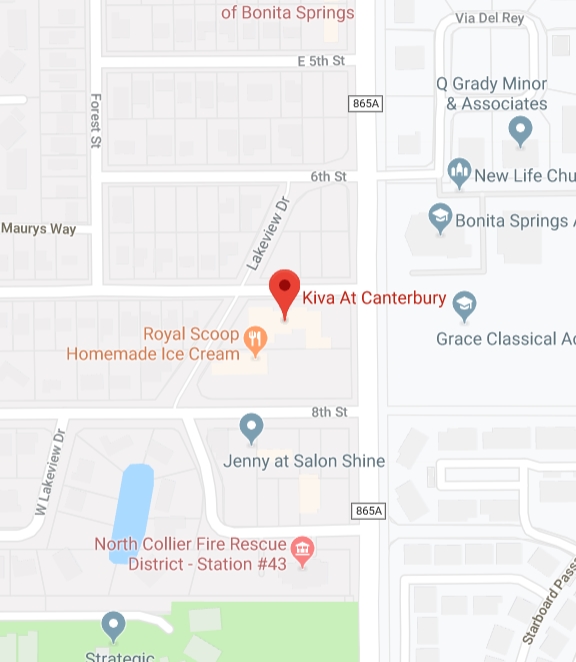Dementia Diagnosis Impact on Family
It is frightening enough to have your doctor tell you that your loved-one has dementia and it is most likely from Alzheimer’s disease.
What is even more devastating are the next words that may come out of his or her mouth, “Fill this prescription and I’ll see you in six months.”
Once the initial shock of being diagnosed with Alzheimer’s begins to wane, you will wonder what kind of cataclysmic future lies ahead of you.
In all actuality, your loved one was just given a diagnosis of a having a terminal disease (there are no Alzheimer’s survivors) and then sent on you on your way.
In the beginning, denial is there moment by moment, day by day. Not just in the patient, who may forget from time to time they have the diagnosis or underestimate the harm it is doing. But for the loved ones who do see good days and hope that the diagnosis was wrong. That their situation is going to be different. There will be a miraculous recovery.
Caregivers may realize at the time of diagnosis that many patients can live a fairly normal life for many years with the help of caregivers. Sometimes the progress of the disease is slow. But as caregivers, as the responsible party, you want to know, WHEN is the time to take over certain tasks.
- When should he/she stop driving?
- When should I take over the finances?
- When do I take over health care and medication management?
- When should a spouse start planning financially for long-term care?
DRIVING
Dr. Smith at the Byrd Alzhiemer’s Research Institute in Tampa recommends that once a person has received a diagnosis of Dementia of any kind. They should get regular behind the wheel testing of their driving skills by an official testing center so that if they are in an accident they can show proof to their insurance that in spite of the diagnosis they were recently tested and are capable of driving. These tests will also give a definitive answer to the question, about when to stop driving.
FINANCES
Ask a dementia expert who is testing your loved one about when would be a good time to take over the finances. A person with dementia is more vulnerable to scams and the scum that perpetrate them. So that is another reason to take over the finances, take away their credit card. It is best if you can get the doctor to sit down with you and the patient at the same time and explain this.
Watch that their bills are getting paid, their checkbook is being balanced, that when they pay their bill at the restaurant they are counting their change and don’t look confused. With Alzheimer’s and other dementias, ability to do a task can change from day to day, so keep an eye on things regularly.
MEDICATION/HEALTH CARE
It is our opinion that as soon as the diagnosis of demetia is received, the caregiver should start attending all of the appointments with the health care professionals. The patient may not have the ability to remember instructions or have the cognitive ability to make health care decisions. Don’t treat the patient as a child and take over or dictate. Instead become part of the team that manages his or her health.
PLANNING
Long-term care is expensive. Alzheimer ’s disease is the third largest killer of our aging population, yet is far and above the most expensive to care for. Why? …because it lasts so long, the decline is so slow. The ability to move, be independent and interact leaves long before the body shuts down. So the time to start planning and saving for long-term care is yesterday. We tend to think we can care for our loved one. The reality is, in the later stages of the disease, when wandering and night activity occur, no one person can provide the 24 hour care needed.
Decide now what behaviors and needs will be the time for you to move your loved-one into Assisted Living or a secure memory care community.
If your loved one can grasp their situation, maybe you can discuss this with them and tour facilities while they can still provide input.
Our staff and Kiva Assisted would be happy to give you a tour and explain the different areas of living at our facility, Independent Living, Assisted Living, Memory Care, and Respite Care.




